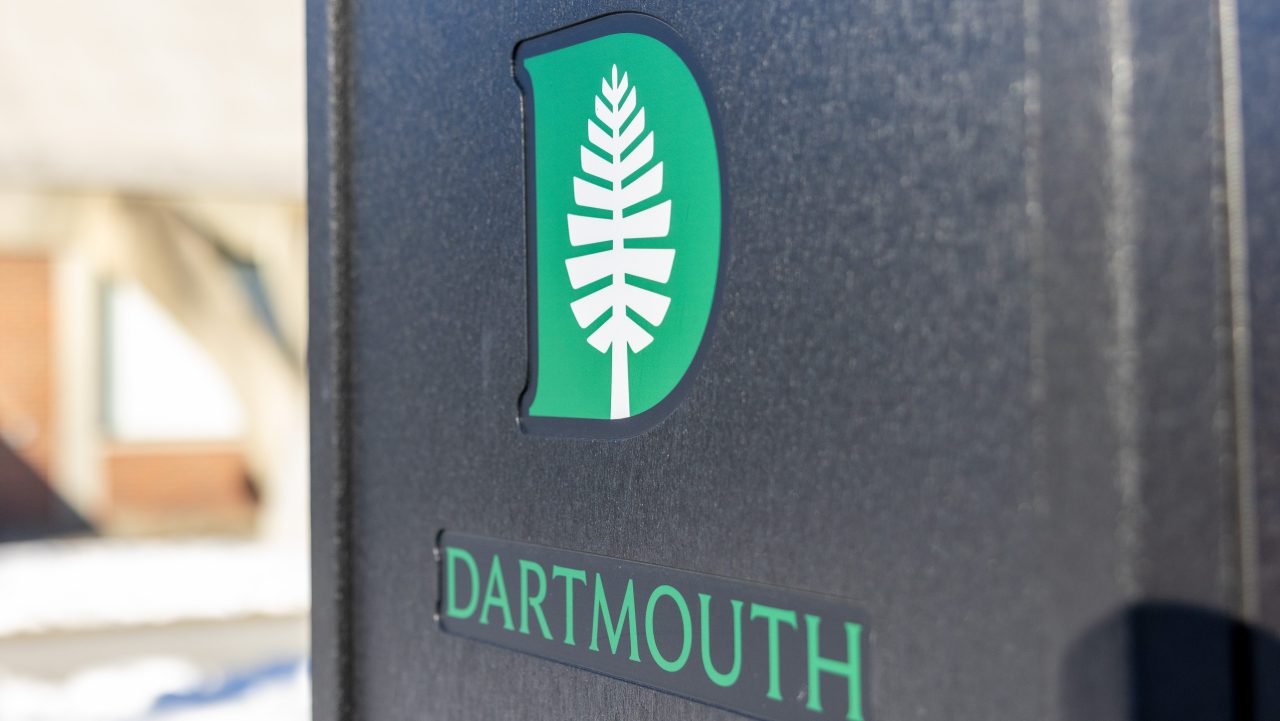Dartmouth College now has more breathing room to file a request for review (i.e., appeal) of NLRB regional director Laura Sacks’ Feb. 5 decision to order a union election of the men’s basketball team.
In a brief order Monday, NLRB counsel Diane Bridge extended the deadline from Feb. 20 to March 5—the same day the 15 players will vote on whether Service Employees International Union Local 560 represents them as a union. As Sportico explained earlier Monday, an extension was expected and will give Dartmouth more time to develop arguments in a controversy that impacts all of college sports.
Last Monday, Sacks concluded the players are employees within the meaning of the National Labor Relations Act, a federal law that governs private universities. She observed the college has the right to control the players’ work, such as by directing them to course schedules that are compatible with their basketball schedule, and the players perform that work in exchange for compensation.
Although Ivy League players don’t receive athletic scholarships, they and their counsel, SEIU 560 attorney John Krupski, convinced Sacks the absence of athletic scholarships is not determinative of whether they are employees.
In exchange for playing basketball and performing related functions that benefit Dartmouth—including meeting with wealthy alumni and donors—the players, while recruits, are directed into a preferential admissions process at one of the most prestigious colleges in America. As part of their team membership, the players then obtain sneakers, apparel, tickets, access to athletic facilities and other valuables. Like their Dartmouth classmates, the players are also eligible for need-based aid, which continues even if they quit the team. Similarly, although Dartmouth insists the school loses money on the basketball team, a business need not be profitable for its workers to be deemed employees; employees of a business that shows a net loss in its accounting books are still employees.
The election will be held on Dartmouth’s campus in Hanover, N.H. The school could request the impact of a favorable vote be stayed (postponed) until an appeal is decided. Dartmouth could also seek the NLRB to impound the vote. If Dartmouth doesn’t seek a measure to delay the vote’s impact and if the players vote to unionize, the school would become legally obligated to bargain despite its contractual responsibilities to the NCAA and Ivy League to not pay players. In other words, Dartmouth would experience a conflict between labor law and contract law obligations.
An appeal would be heard by the agency’s board in Washington D.C. The board normally has five members, but currently has one vacancy. Three of the four members are Democrats. An appeal could last many months and go past the 2024 presidential election. The board’s decision could then be appealed to a U.S. Court of Appeals and, lastly, to the U.S. Supreme Court.

